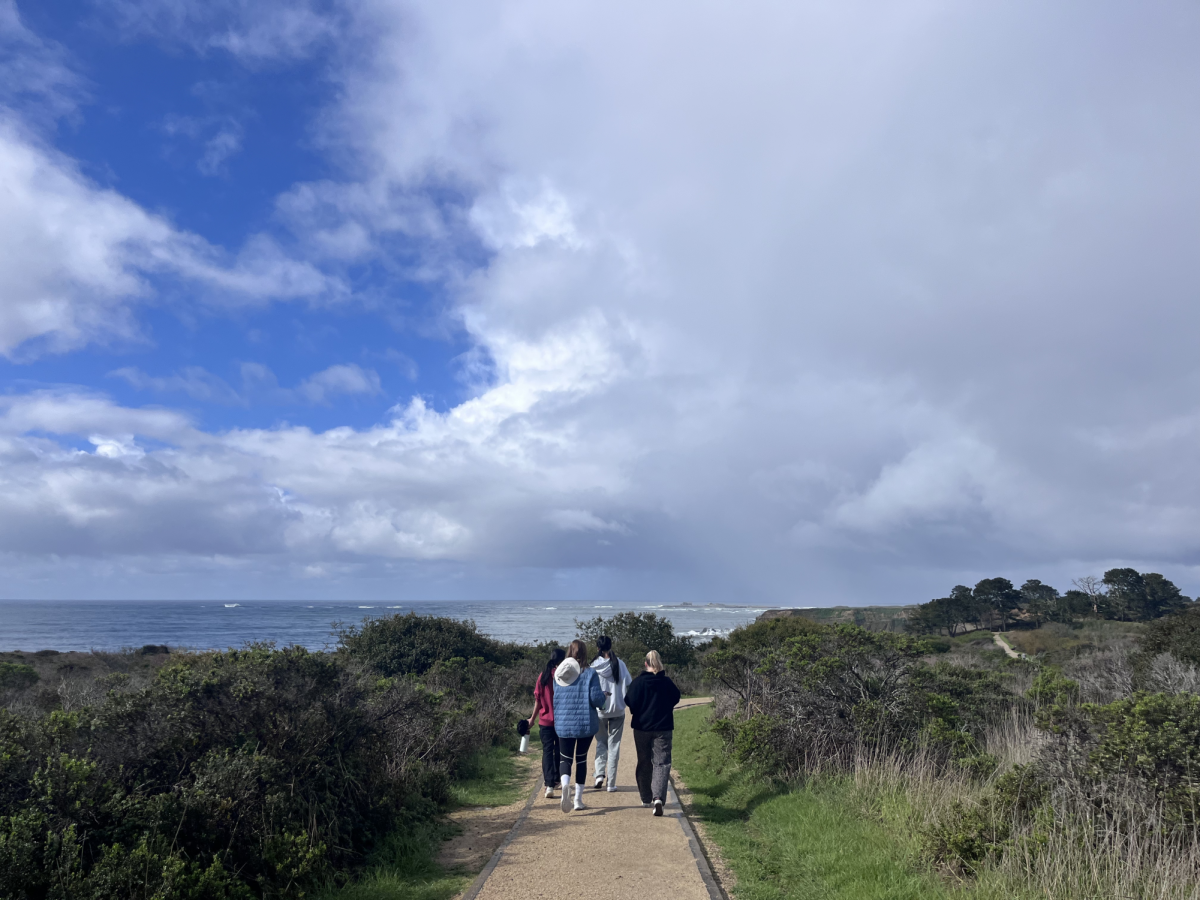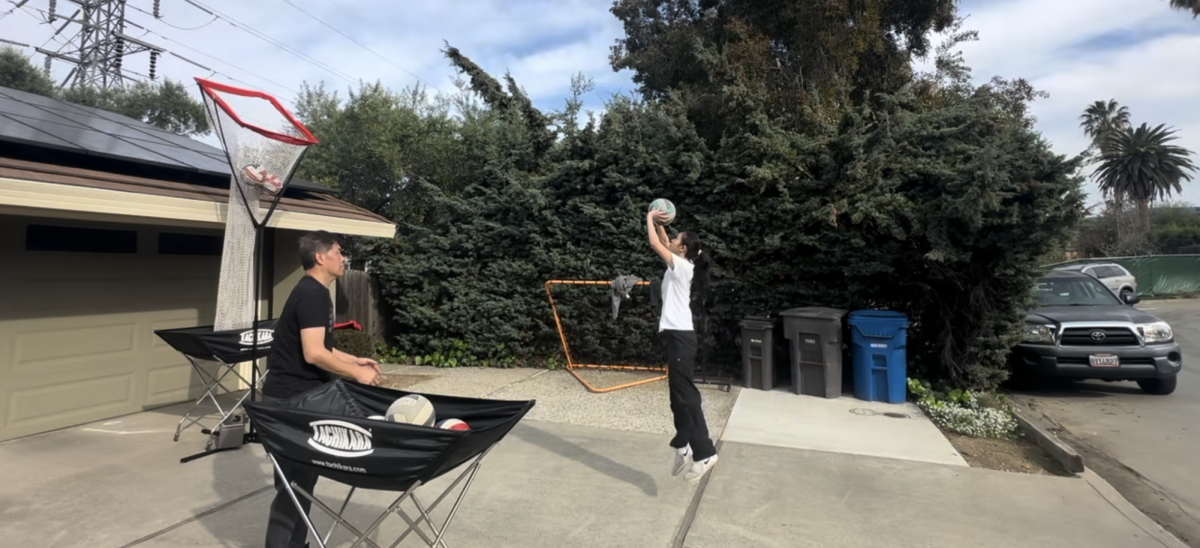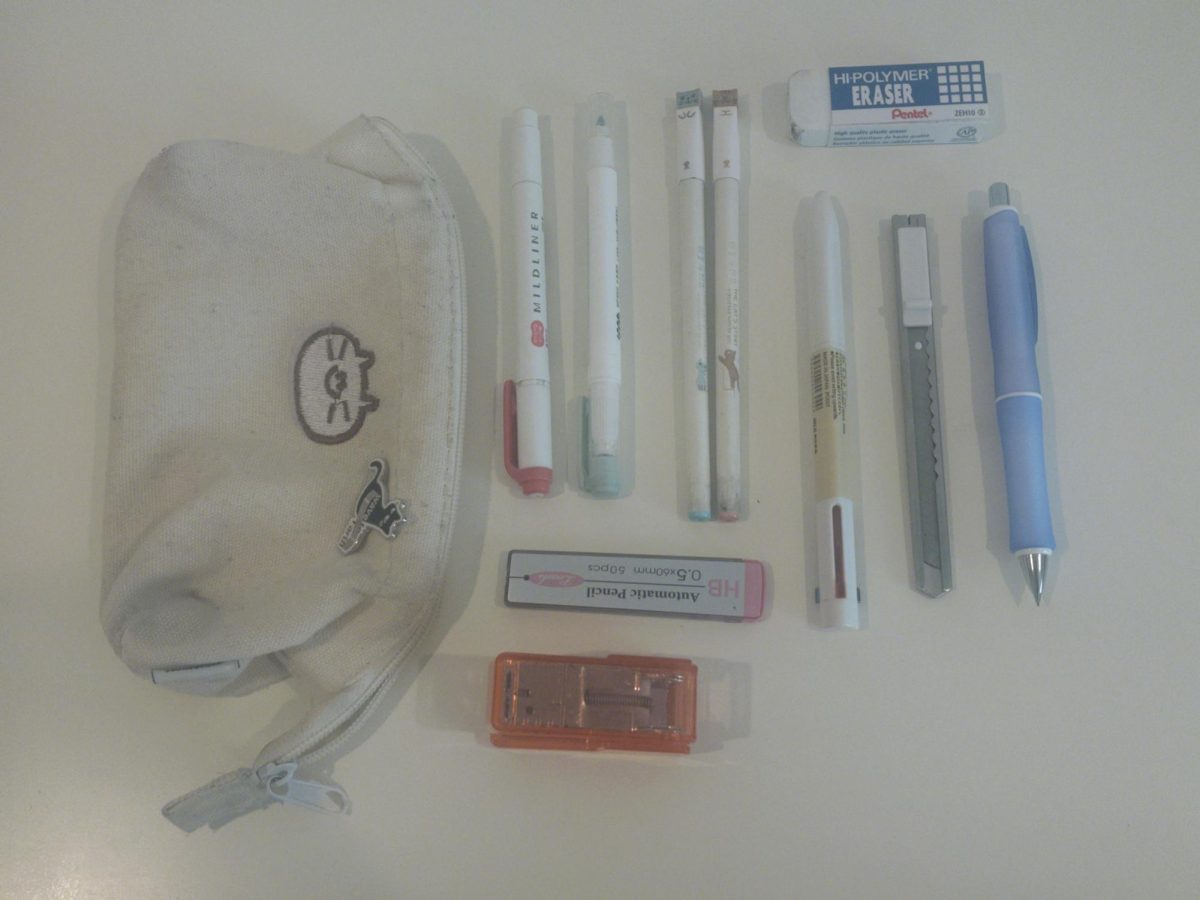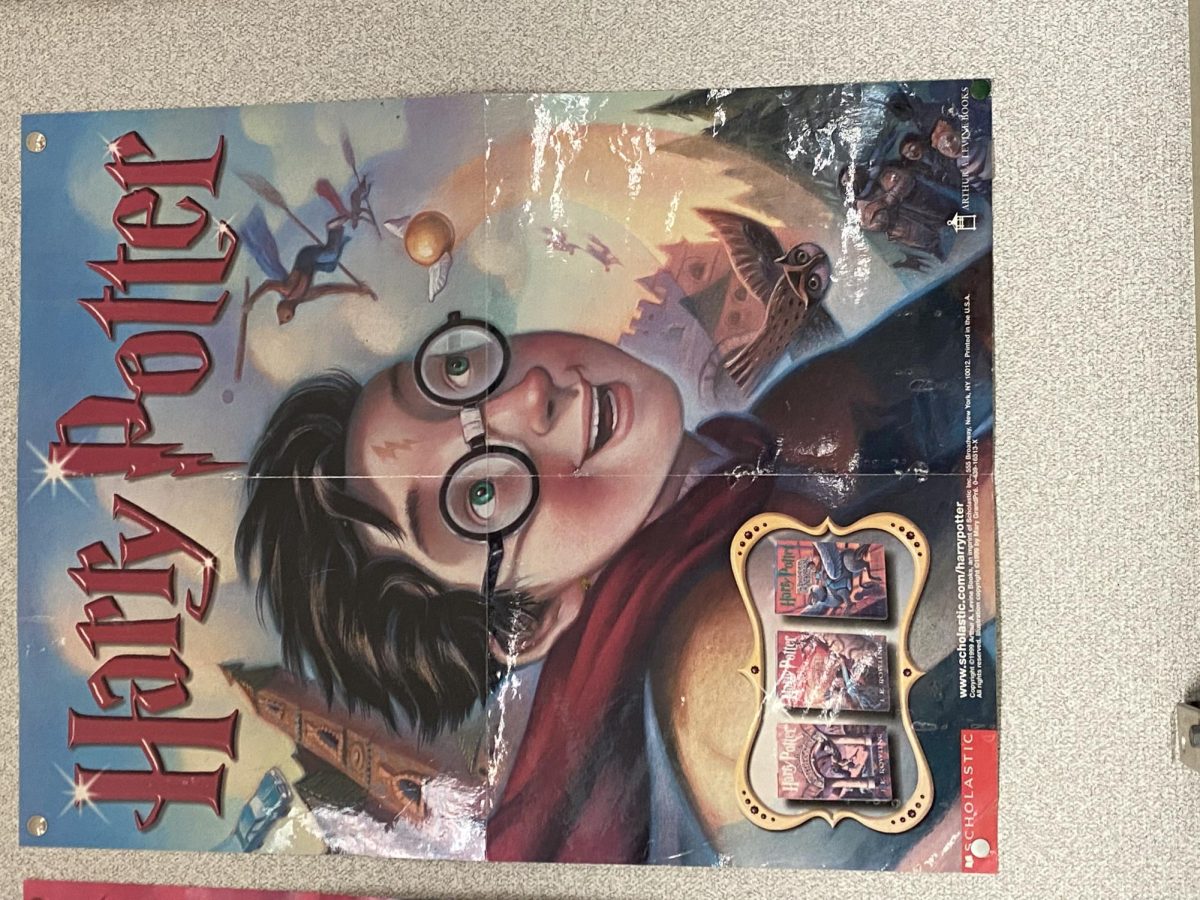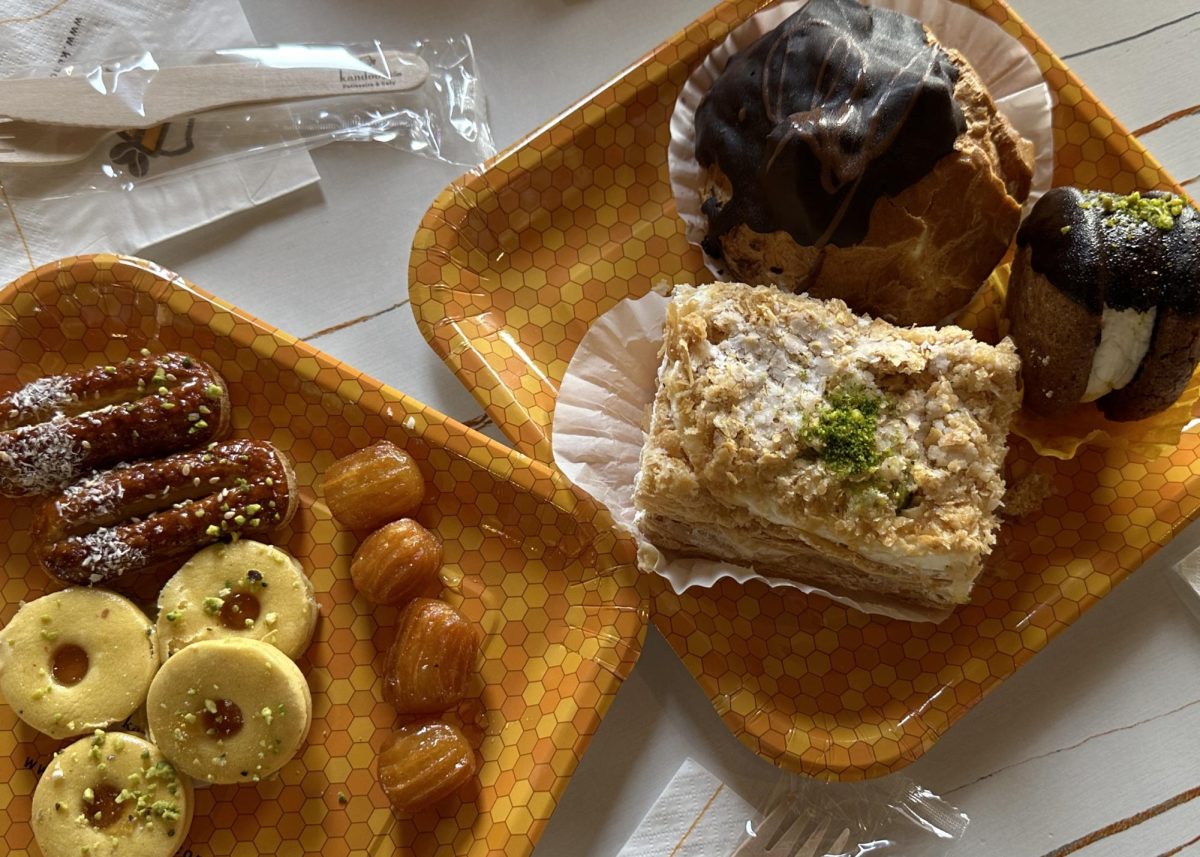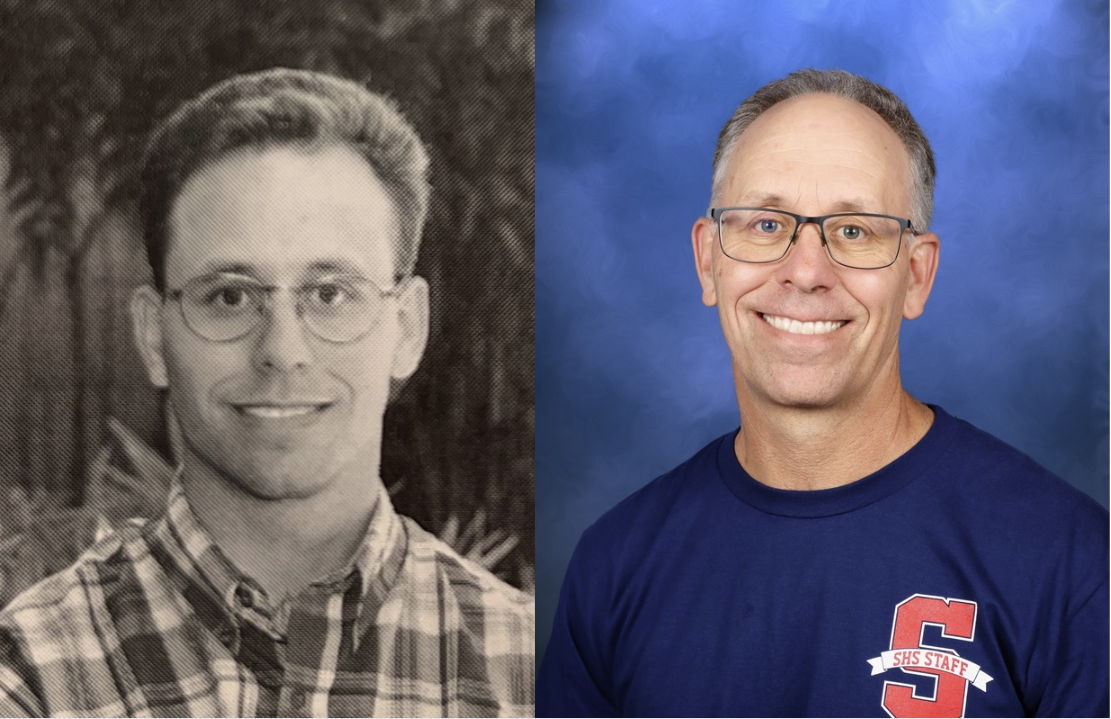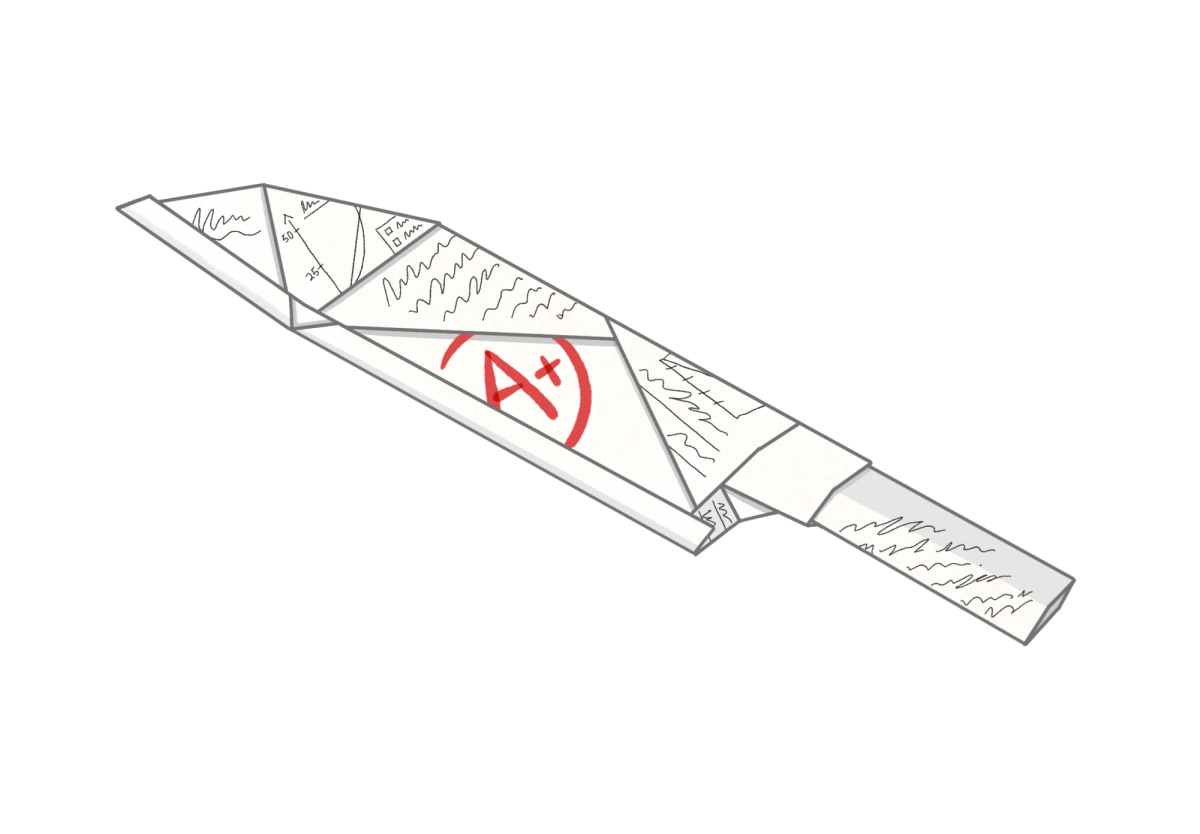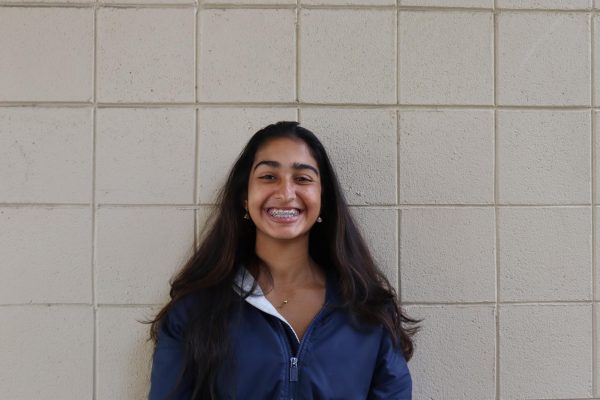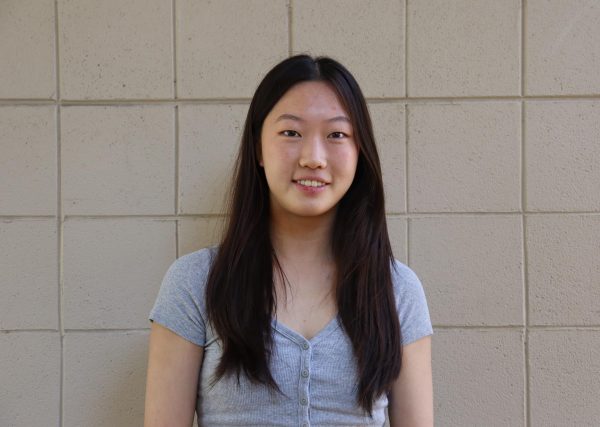At the beginning of the school year, everyone has academic goals and ways to make this school year better than the previous one. Mine was to introduce new habits in hopes of achieving academic weaponry as a sophomore. However, reality has proved to be starkly different from my ambitious expectations.
In my freshman year, when an exam rolled around, I often had to go back and spend hours digging through notes from months ago, because I didn’t review the material until it was time for it to be tested. This year, I wanted to try what seemed to be one of the most popular study methods: reviewing material continuously during each unit.
For me, this meant setting aside time on weekends, instead of weekdays which were often occupied by extracurricular involvements. I have focused on what I struggled with during the week, worked on practice problems and rewatched most of my recorded lectures and classes, especially for science and math. While I was grasping concepts better and reinforcing ideas with this new method, I found I struggled a lot during the week with quizzes and lectures, simply because they covered content from the same week — and it was material I didn’t have time to study. The bottom line I learned: It’s helpful to review old content throughout the year, but don’t forget to allocate time toward learning new content as well.
Going into the year, I also set up a Pinterest-esque workspace with aesthetic supplies on one side of my desk and a cute lamp illuminating my uncluttered workspace on the other. Ideally, I’d have enough storage so my binders wouldn’t need to be stacked on my desk. However, I noticed that my study sessions often ended with papers strewn everywhere, surrounded by piles of textbooks, binders and eraser shavings.
Additionally, I decided to use color-coded binders and notebooks for each class, in hopes of dividing materials class-by-class and centralizing my homework assignments by writing in a master notebook. Although I feel more organized and find it easier to keep track of my schoolwork, by the end of the year, my backpack will probably weigh just a little less than a linebacker. And only six weeks into the school year, I soon experienced what every high schooler lacks — time. I didn’t have time to write down the homework, which left my beautiful planner empty and virtually useless.
Just like seemingly every other high schooler around here, I’m also constantly sleep-deprived, which hinders my attentiveness in class and stunts my learning. To combat this, I wanted to set a consistent bedtime for 10:30 p.m. However, within just the first two weeks of school, I started going to sleep anywhere between 10:30 p.m and 1:45 a.m., thanks to extracurriculars such as late-night music classes and color guard rehearsals, which were exacerbated by my not planning ahead for my homework load. For example, I saved my AP European History textbook readings until the night before it was due, when I should have been doing it a few days earlier when I still had the free time.
The goal of a 10:30 p.m. bedtime was valiant of me, but I needed a little more help to achieve it. So to motivate myself while doing homework, I tried out a reward system: Before starting my homework, I ate a piece of chocolate. Suffice to say, at times of stress, I need more than one piece for motivation. I had to catch myself before I let too much indulgence lead to a binging problem, which in turn could have hurt my mental health and also led to unhealthy weight gain.
The only method I have had purely positive results with is listening to instrumental music. Not only is this a great way to tune out surrounding noises, but the absence of lyrics allows me to completely focus.
A playlist with no words and soothing music helped me curate focus.
The process of trying to reinvent myself to achieve academic success was not easy, and honestly, it was frustrating when I didn’t see the results I expected. I lost sleep and built impractical organization habits, and all the while, I didn’t feel like I was absorbing material any faster.
Still, my efforts haven’t been a complete waste. I discovered what works for me, and more importantly, what doesn’t work. Studying is about prioritizing and building the habits that work best for you, which means it almost always requires trial and error, but eventually — I hope — success is sure to follow.



